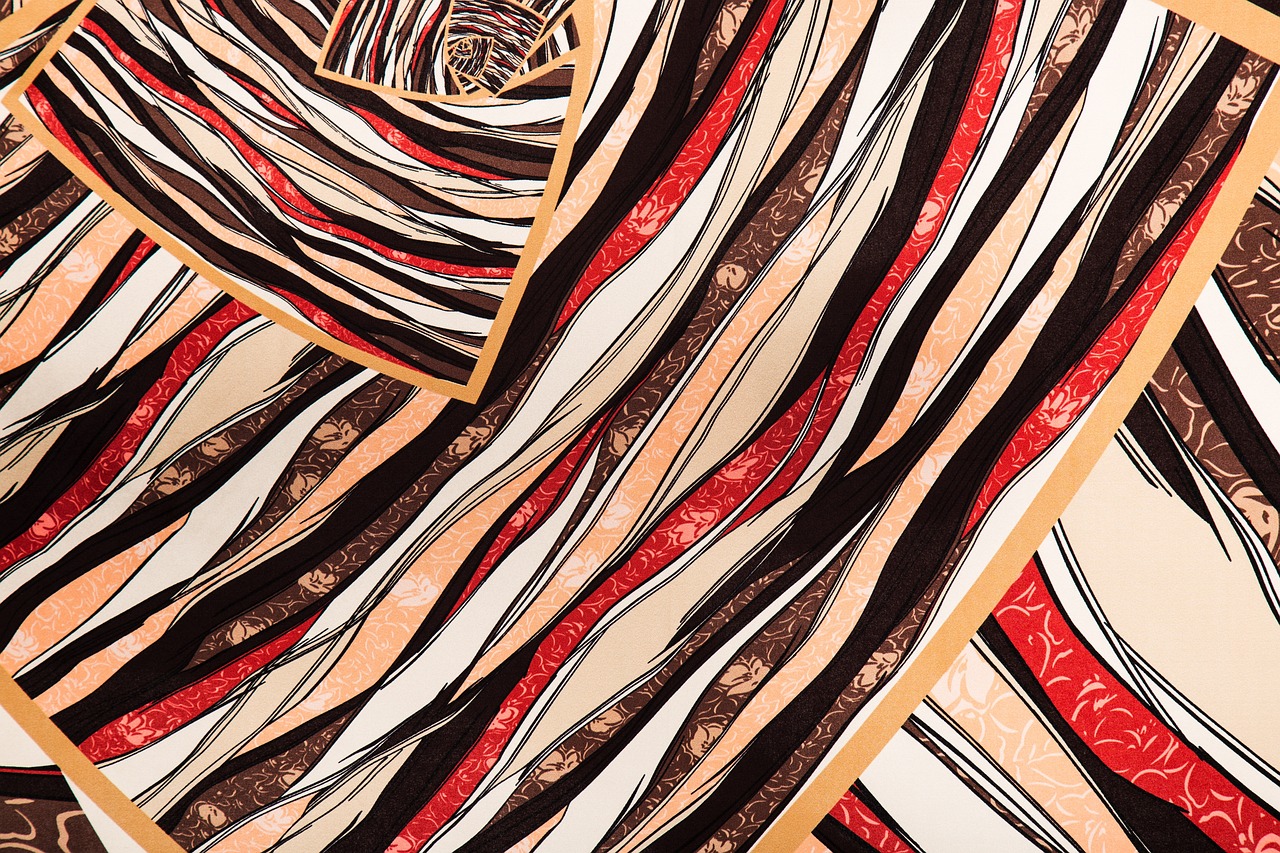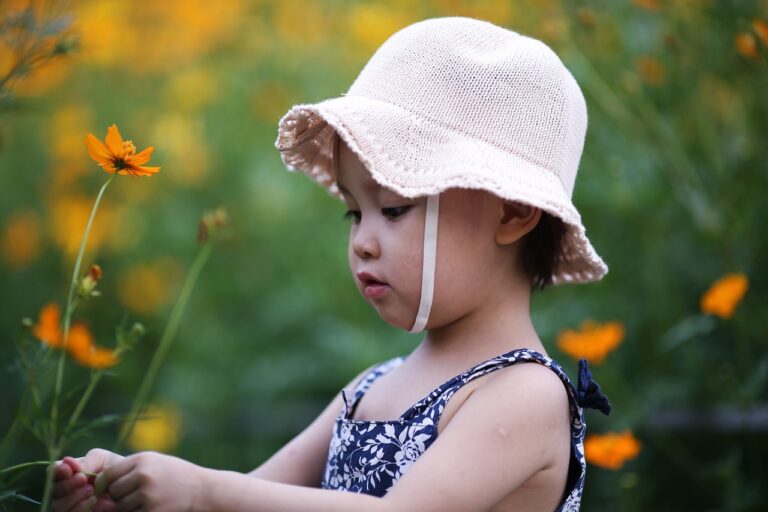The Impact of Organic Farming on Baby Clothing
11xplay reddy login id and password, king567 signup, skyinplay exchange:Organic farming has gained popularity in recent years due to its numerous benefits for the environment, human health, and overall sustainability. From fruits and vegetables to clothing and textiles, the organic movement has made its mark on various industries, including baby clothing.
When it comes to choosing baby clothing, many parents are opting for organic options for their little ones. The impact of organic farming on baby clothing is significant and brings about a host of benefits for both the child and the environment. In this article, we will explore the various ways in which organic farming affects baby clothing and why it is a better choice for your baby.
Why Choose Organic Baby Clothing?
Organic baby clothing is made from materials that are grown without the use of synthetic pesticides, fertilizers, or genetically modified organisms (GMOs). This means that these garments are free from harmful chemicals that can be absorbed through the skin and potentially harm your baby’s health. Organic fabrics are also typically softer and gentler on sensitive skin, making them a great choice for babies with allergies or skin sensitivities.
Organic farming practices also promote sustainability by reducing environmental impact. Organic cotton, for example, is grown using natural methods that help maintain soil fertility and reduce water consumption. By choosing organic baby clothing, you are not only protecting your baby’s health but also supporting sustainable agriculture practices that benefit the planet.
The Impact of Organic Farming on Baby Clothing
1. Healthier Materials: Organic baby clothing is made from natural fibers such as organic cotton, bamboo, and wool. These materials are free from toxic chemicals and pesticides, making them safer for your baby’s delicate skin. Organic fabrics are also breathable and moisture-wicking, helping to regulate your baby’s body temperature and prevent overheating.
2. Reduced Environmental Impact: Organic farming practices promote soil health, biodiversity, and water conservation. By choosing organic baby clothing, you are supporting sustainable agriculture methods that help protect the environment for future generations. Organic cotton, for example, is grown without synthetic pesticides and fertilizers, reducing soil and water pollution.
3. Better Quality: Organic fabrics are often of higher quality than conventional fabrics. Organic cotton, for example, is more durable and long-lasting than conventional cotton, making it a better investment for your baby’s wardrobe. Organic baby clothing is also less likely to shrink or fade in the wash, ensuring that it will last through multiple washes and wears.
4. Safer for Babies: Conventional cotton production involves the use of toxic chemicals that can be harmful to human health. These chemicals can remain in the fabric even after multiple washes, exposing your baby to potential health risks. Organic baby clothing is free from these harmful substances, giving you peace of mind knowing that your baby is wearing safe and healthy clothing.
5. Support for Ethical Practices: Organic farming promotes fair labor practices and ethical treatment of workers. By choosing organic baby clothing, you are supporting farmers and workers who are paid fair wages and work in safe conditions. Organic certification ensures that workers are treated ethically throughout the production process, from growing the materials to manufacturing the final garment.
6. Stylish and Trendy Options: Organic baby clothing has come a long way in terms of style and design. There are now plenty of trendy and fashionable options available for parents who want to dress their baby in eco-friendly clothing. From organic cotton rompers to bamboo onesies, there are plenty of stylish choices to suit every baby’s personality and style.
FAQs
Q: Is organic baby clothing more expensive than conventional baby clothing?
A: Organic baby clothing can be slightly more expensive than conventional options due to the higher production costs associated with organic farming practices. However, the benefits of organic clothing for your baby’s health and the environment far outweigh the additional cost.
Q: Are there any specific care instructions for organic baby clothing?
A: Organic baby clothing may require special care instructions to maintain its quality and longevity. It is recommended to wash organic garments in gentle, chemical-free detergents and avoid using harsh chemicals or bleach. It is also best to air dry organic clothing to prevent shrinkage and damage to the fabric.
Q: Where can I find organic baby clothing?
A: Organic baby clothing can be found at specialty baby boutiques, online retailers, and major retailers that carry eco-friendly products. Be sure to look for reputable brands that use certified organic materials and sustainable production practices.
Q: Can I trust that organic baby clothing is truly organic?
A: To ensure that the baby clothing you purchase is truly organic, look for products that are certified by reputable organic certifying bodies such as the Global Organic Textile Standard (GOTS). These certifications guarantee that the clothing meets strict organic standards and has been produced using sustainable and ethical practices.
Q: What are some popular organic baby clothing brands?
A: Some popular organic baby clothing brands include Burt’s Bees Baby, Finn + Emma, Under the Nile, and Touched by Nature. These brands offer a wide range of organic baby clothing options, from basic onesies to stylish outfits for special occasions.
Q: Are there any benefits to using organic baby clothing for the environment?
A: Yes, choosing organic baby clothing helps reduce the environmental impact of clothing production by promoting sustainable farming practices, reducing chemical pollution, and supporting ethical production methods. Organic farming helps protect soil health, biodiversity, and water resources, making it a more environmentally friendly choice for parents who want to minimize their ecological footprint.
In conclusion, the impact of organic farming on baby clothing is significant and beneficial for both babies and the environment. By choosing organic baby clothing, parents can ensure that their little ones are wearing safe, healthy, and sustainable garments that promote overall well-being. With a wide range of stylish and trendy options available, organic baby clothing is a great choice for parents who want to dress their babies in eco-friendly and ethical clothing.







